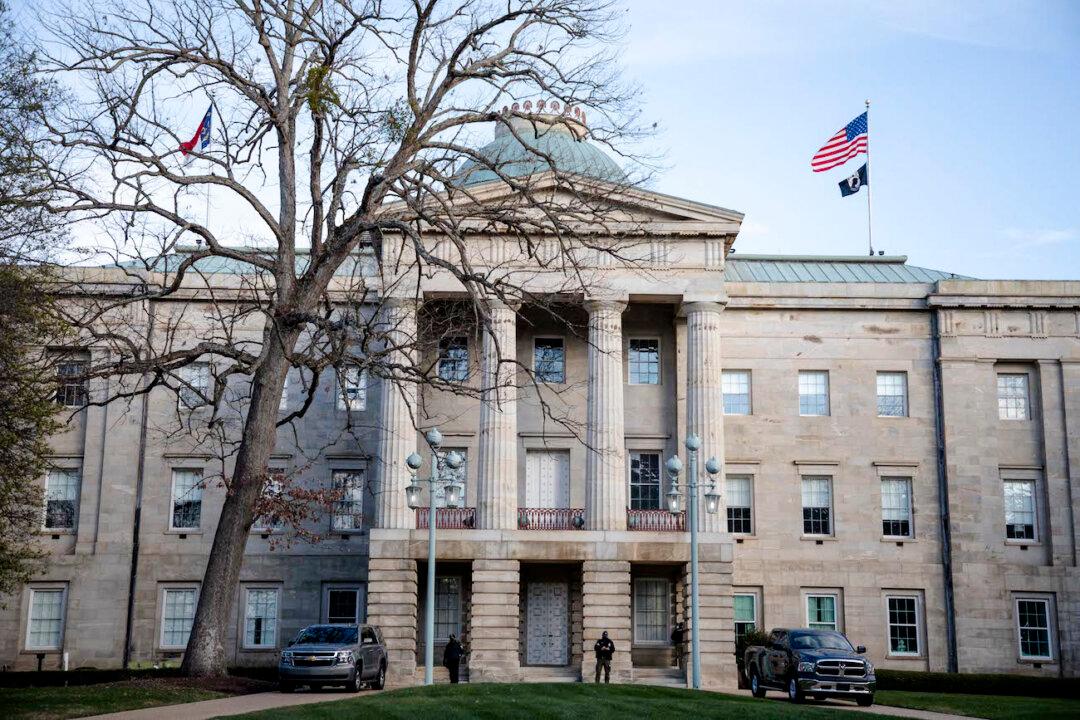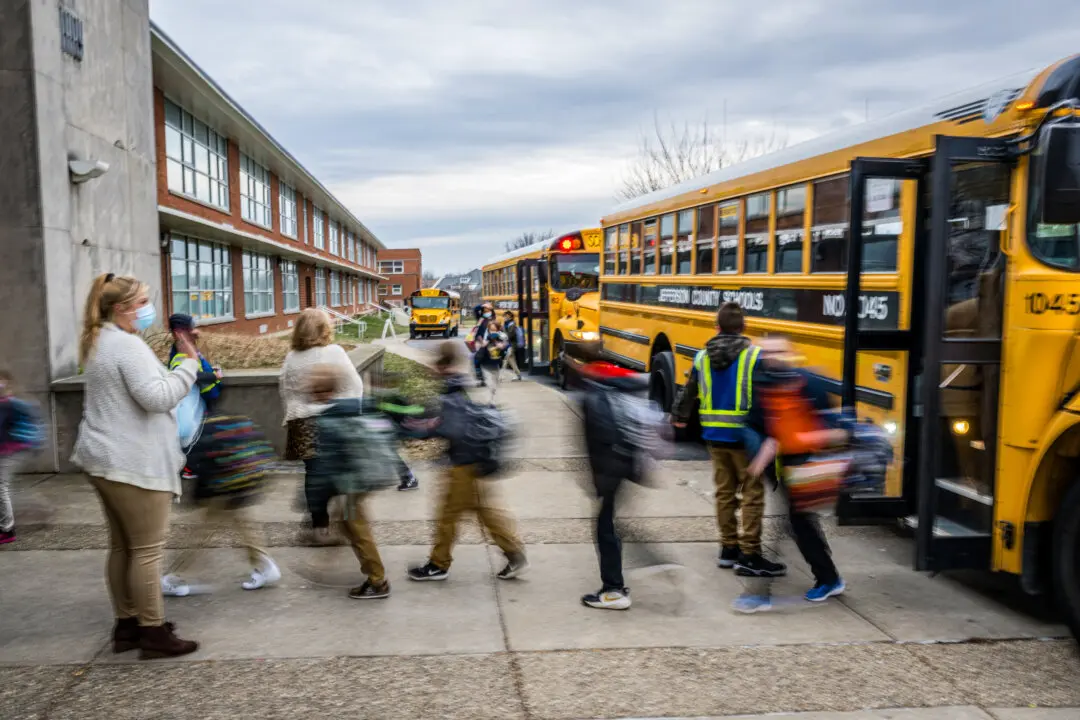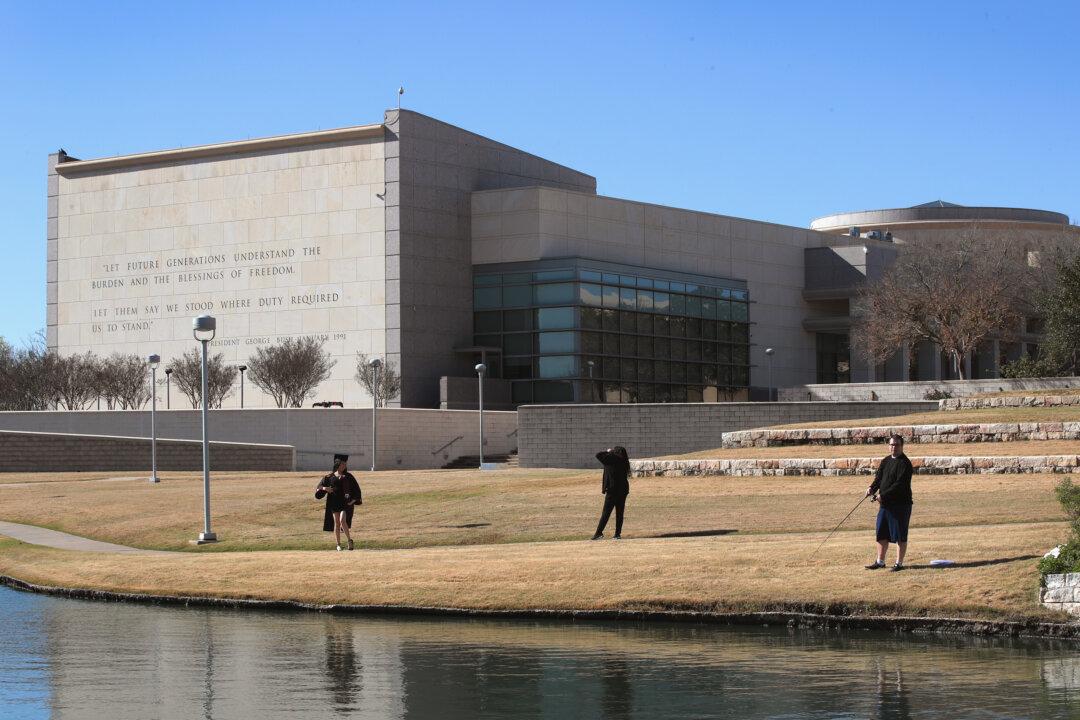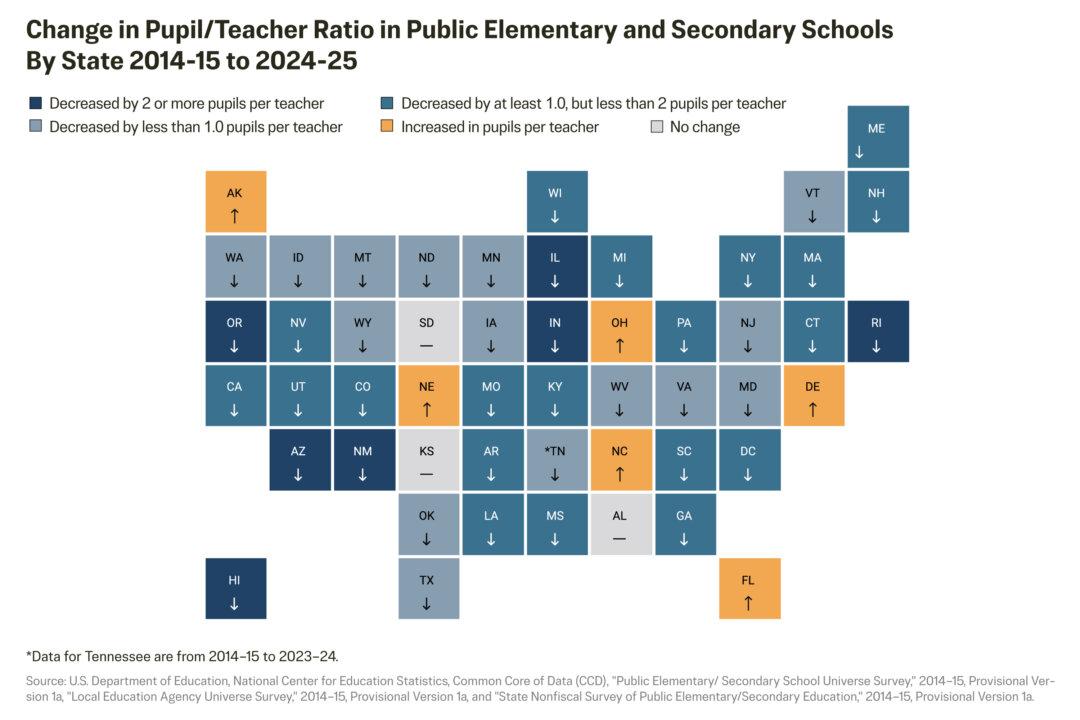The North Carolina General Assembly passed an omnibus bill that funds private school vouchers through the 2031–2032 academic year and requires sheriff’s departments to notify federal authorities when illegal immigrants are held at county jails.
HB 10 passed the state Senate 27–17 on Sept. 9 and the House 67–43 on Sept. 11. Gov. Roy Cooper, a Democrat, opposed earlier versions of the bill, but the Legislature’s Republican majority could override a veto if he doesn’t sign it.





